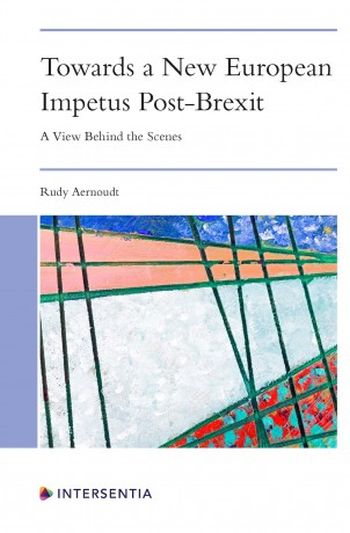
Europe is neither a deus ex machina nor a scapegoat, but can make a real difference to European citizens in their daily life. Those citizens are the real stakeholders in the European story. Europe has proven that it can realize what was considered by many as impossible. The internal market and the euro have become feats that others envy. Processes can be slow and errors have been made, such as the decoupling of monetary and economic policy, but the European project has proven to be solid and able to navigate through turbulent waters and crises. Moreover, crises often appeared to act as an accelerator for the European integration process. COVID-19 is a prime example. The next-generation project is an unprecedented injection into the real economy. Financing through European loans would never have been possible without COVID-19. Other examples, such as space policy and the monetary union, showcase Europe’s standing on the world stage.
However, Europe is under attack. Populism and nationalism are rampant, the United Kingdom has left the Union and public confidence in Europe is waning. How should it move forward? With that question, the author takes the reader behind the scenes and delves into the story of Europe: a story of ambitions and illusions. With his unique, personal insights from his experiences working in European institutions, he explores the future of Europe and proposes twelve priorities for action at a European level, which he calls the ‘Twelve Labours of Hercules’. The book provides a positive answer to the question of whether Europe can still mean something to its citizens and sets out to promote Europe as a continent to be proud of, and not one to be torpedoed again and again. The book encourages readers to develop their own vision of Europe and its future, and also invites them to critique Europe but, above all, engage with it.